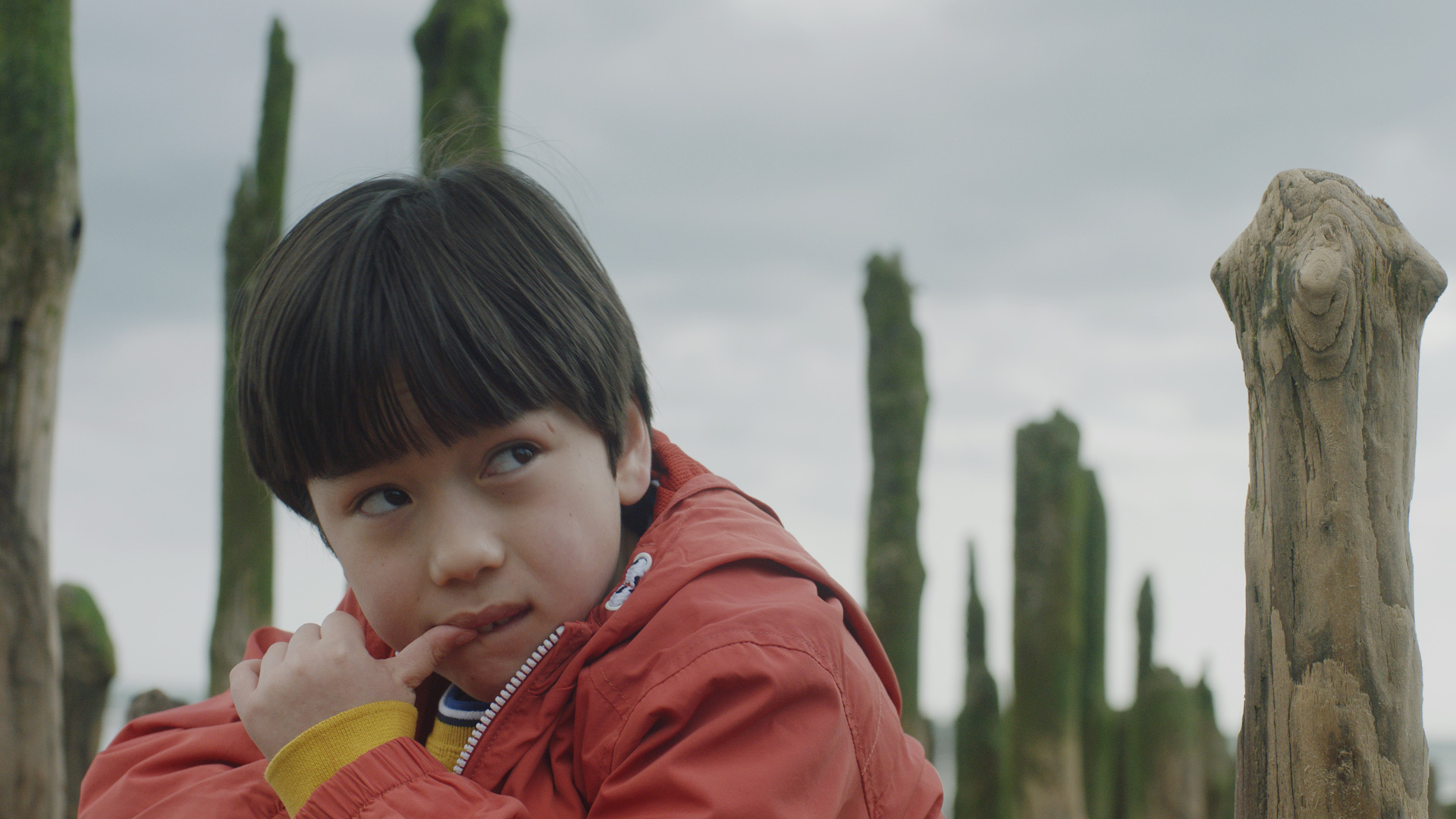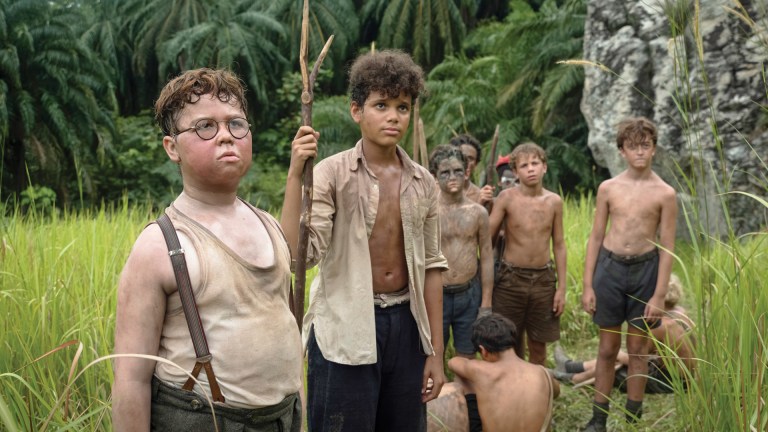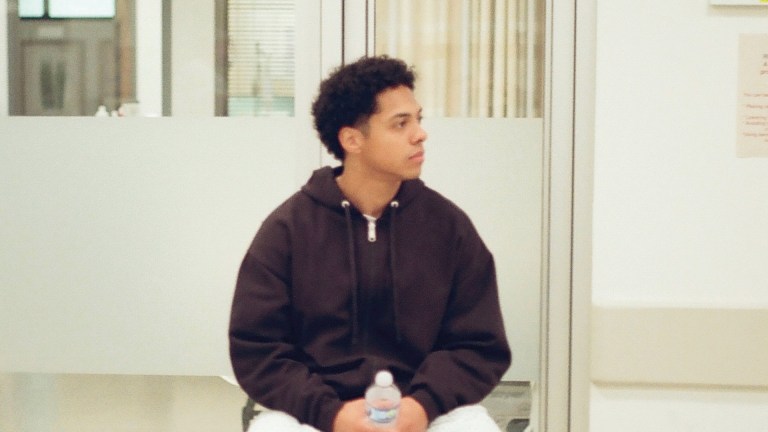What circumstances led you to discovering him?
My wife is from Japan and came across The Reason I Jump on Amazon when searching for books to help us understand our own pre-verbal autistic son, who was then ‘presenting with demanding behaviours’, as the euphemism puts it.
How did reading his words change your life?
I could write 5,000 words on this and still not be done, but briefly: Naoki’s book helped us understand many aspects of our son’s behaviour which had mystified us. Why self-harm? What causes meltdowns? How might our son understand and experience the world?
The book refutes some damaging but widespread falsehoods about autism: that autistic people cannot love, or imagine, or aspire; that, to autistic people, nobody else in the world possesses a mind; that, essentially, if your kid gets a diagnosis of ‘severe autism’, you have lost your kid.
Advertising helps fund Big Issue’s mission to end poverty
The book taught me to assume competence in all autistic people, including my son. It taught me to interact with autistic people in the same way I’d interact with a neurotypical kid; and to think about autism as much more a COMMUNICATIVE impairment, and less as a COGNITIVE impairment. Excuse the shouty caps, but if readers only take one sentence from this interview, I want it to be that one. That required shift in thinking is a major part of making the world an autism-friendlier place.
Is a book a great equaliser? The words you are reading could be from Shakespeare or a Japanese teenager who has never spoken – but on the page there is just someone’s story.
I know what you mean. Sure, words on a page exist only as words, and are – in and of themselves – stripped of the reputation, charisma and circumstances of the writer… even though these attributes can and do enter the words via the choice of words, via style. I would add that ‘equalising’ is of great importance in the area of communicative disability. I stammer, and as a patron of the charity Stamma encounter many other stammerers: but on the page or the computer screen, we are all fluent.
Books contain the lives of others and reflect our own lives back at us – why is it still the best medium to do that?
A reader is an active collaborator. A viewer, less so. As a reader we have to concentrate, but we get to be in charge of time – unlike a TV show or film – so the process can be more reflective which is in one sense ‘better’. A viewer is a more passive recipient of the narrative than a reader. That doesn’t mean TV shows can’t do character either – think of Mad Men or Call My Agent! – superb, character-driven narratives – but in terms of relating a fictional life to our own, I think books win. They get inside your mind more.
Whatever ‘big issue’ we are dealing with in life, will one of the best places to find solutions be books?
Advertising helps fund Big Issue’s mission to end poverty
Yes. The other person might be dead, or from a different culture, or both, or (in the case of The Reason I Jump) non-verbal – but you read their thoughts, and think about those thoughts, and think and daydream and come back to the book, and put it down for a few hours or days, and mull it over and change your mind, and change your mind again. This all sounds a bit wishy-washy, but I think solutions arrived at in this way can be as valid and ‘road-tested’ as solutions imparted to you in a short, sharp sermon.
Reading can be escapism as much as it is to learn about our lives. As a writer, do the reasons matter – is it about drawing from within or reflecting the external?
‘Drawing from within’ and ‘reflecting the external’ is not an either/or, I think. Books do both. Minds do both. A book is a conversation between you and its author. Conversations are often more connective and nourishing than monologues from images on screens.
While we always have a laptop open, or a smartphone in our hand, do we risk missing out on some fundamental lessons?
Smartphones and laptops are useful, and I’m not sure if I’d want to un-invent them, even if I could. But wow, the social media they enable can consume your life, corrode your relationships, get you addicted, and detach you from objective reality. Use with care. If you find yourself lying about how much time you’re online, you have a problem. After two hours spent online, I usually wish I could have those two hours back. I never feel that about two hours spent reading a book.
The Reason I Jump, a documentary exploring the experiences of nonspeaking autistic people based on the book by Naoki Higashida is in cinemas from June 18.
Advertising helps fund Big Issue’s mission to end poverty









